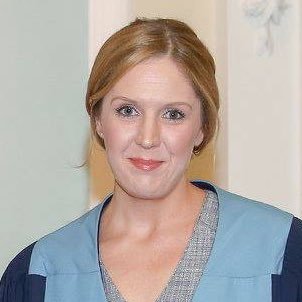Give us a Call
028 9268 0940 8am - 6pm Mon to Fri
Carpal tunnel syndrome (CTS) is a condition where a major nerve (median nerve) is compressed where it passes through a short tunnel at the wrist. CTS commonly affects women in middle age but can occur at any age in either sex. CTS can occur with pregnancy, diabetes, thyroid problems, rheumatoid arthritis and other less common conditions, but most sufferers have none of these.
CTS may be associated with swelling in the tunnel which may be caused by inflammation of the tendons, a fracture of the wrist, wrist arthritis and other less common conditions. In most cases however, the cause is not identifiable. Carpal Tunnel Syndrome release surgery can be performed to relieve pain and improve mobility.
The main symptom is altered feeling in the hand. This will affect the thumb index, middle and ring fingers but it is unusual for the little finger to be affected. Many people describe the altered feeling as tingling.
The tingling is often worse at night or first thing in the morning. It may be provoked by activities that involve gripping an object, for example a mobile phone or newspaper, especially if the hand is elevated.
In the early stages the symptoms of tingling are intermittent, and sensation will return to normal. If the condition worsens, the altered feeling may become continuous, with numbness in the fingers and thumb, together with weakness and wasting of the muscles at the base of the thumb.
Sufferers often describe a feeling of clumsiness and drop objects easily. CTS may also be associated with pain in the wrist and forearm, and so surgery is the best treatment option.
Accurate diagnosis is essential to determine the appropriate treatment for CTS. In some cases, nerve conduction tests are needed to confirm the diagnosis, and blood tests and x-rays may sometimes be required.
Non-surgical treatments include the use of splints, especially at night, and an injection into the carpal tunnel. CTS occurring in pregnancy often resolves itself after the baby is born.
When non-surgical treatments are insufficient, carpal tunnel syndrome release surgery is often required. This surgery can be performed as an outpatient procedure under local anaesthetic. The most common surgical methods include:
- Open Release Surgery - this involves making an incision in the palm to open the roof of the carpal tunnel, thereby relieving pressure on the median nerve.
- Endoscopic Release Surgery - this is a minimally invasive alternative where instruments are inserted through a small incision in the wrist to perform the release. This method typically requires general anaesthesia.
The outcomes of the two techniques are similar, but recovery times can be different, your surgeon can discuss the most appropriate method.
Post-surgery, patients usually experience a significant reduction in night pain and tingling within a few days. However, in severe cases where constant numbness and muscle weakness are present, improvement may be slower and incomplete. Full recovery, including the return of strength and a fully healed scar, generally takes about three months.
If you are experiencing symptoms of Carpal Tunnel Syndrome then contact us now to schedule a consultation with one of our expert Orthopaedic Surgeons or call us on 028 9268 0940.



Choose a speciality to learn more about this area: